|
Am foghar = l’automne
An geamhradh = l’hiver An t-earrach = le printemps An samhradh = l’été as t-fhoghar = en automne sa gheamhradh = en hiver as t-earrach = au printemps as t-samhradh = en été
0 Comments
There are two past tenses in Gaelic, past progressive and simple past. Let's have a look at the differences and how each tense works.
an t-sìde / an aimsir = le temps (qu’il fait)
Ciamar a tha an t-sìde an-diugh ? = Quel temps fait-il aujourd’hui? Tha i brèagha = il fait beau Tha i blàth = il fait chaud Tha i fuar = il fait froid Tha i fliuch = c’est pluvieux/humide Tha i sgòthach = c’est nuageux Tha i ceòthach = c’est brumeux Tha an t-uisge ann = il pleut Tha e a’ cur an t-sneachda = il neige
a data-pin-do="buttonBookmark" data-pin-save="true" href="https://www.pinterest.com/pin/create/button/">
Hi everyone I am learning how to make some more exciting graphics to share with you all.
Tha mi… / Chan eil mi... Je suis... / Je ne suis pas...
sgìth fatigué(e) toilichte content(e) brònach triste feargach en colère snog gentil(le) èibhinn drôle leisg paresseux/paresseuse socharach timide trang occupé(e) deiseil prêt(e) tinn malade Et pour mettre un peu de nuance… beagan = un peu uabhasach = terriblement, extrêmement Tha mi deiseil – Je suis prêt(e) Chan eil mi tinn – Je ne suis pas malade Tha mi uabhasach brònach – Je suis terriblement triste Tha mi uabhasach toilichte – Je suis extrêmement content(e) Tha mi beagan sgìth – Je suis un peu fatigué(e) Chan eil mi uabhasach trang – Je ne suis pas extrêmement occupé(e) About the teachersMarine |
Details
AuthorsCaroline has been involved with Gaelic for more than 18 years. She has degrees in Celtic Studies and Gaelic Medium Teaching. Archives
March 2021
Categories
All
|
Proudly powered by Weebly

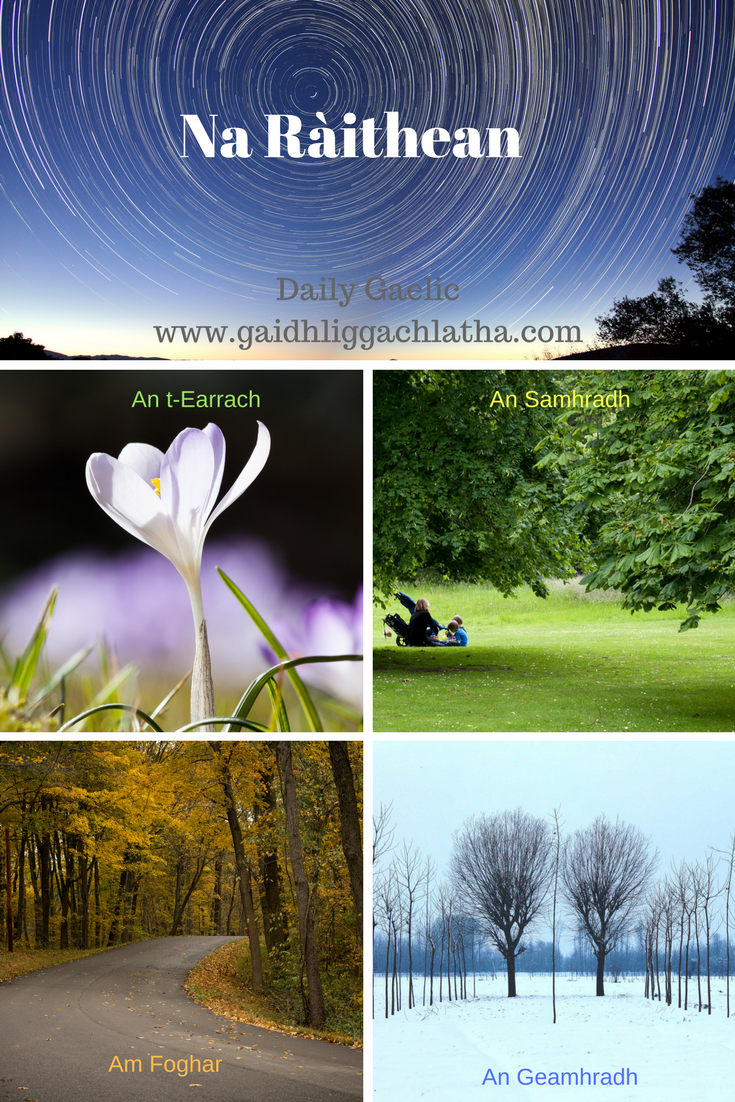


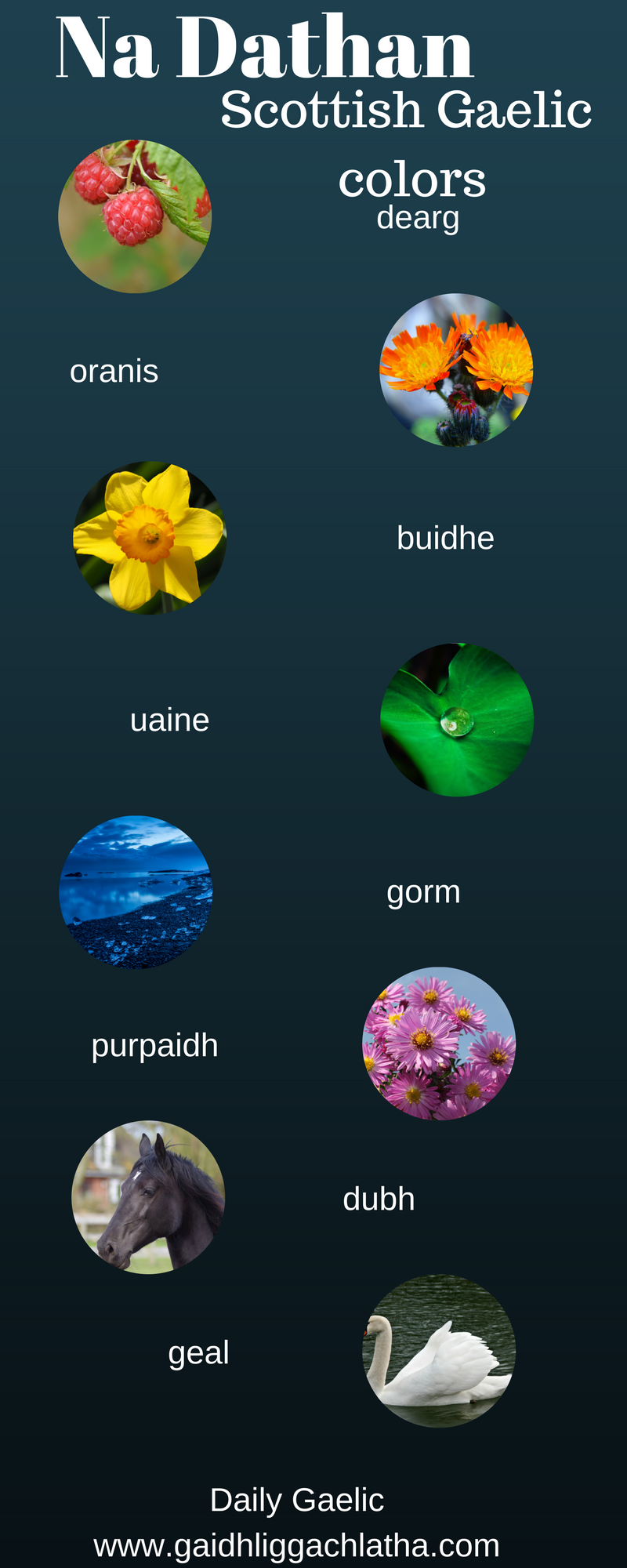
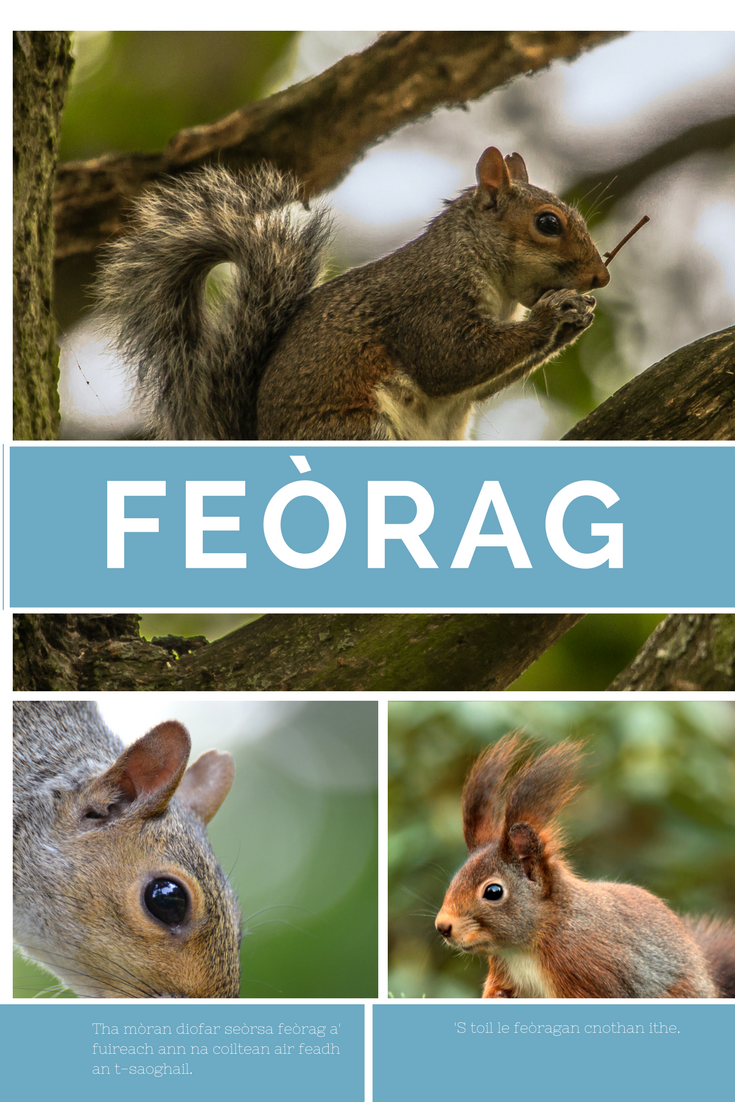
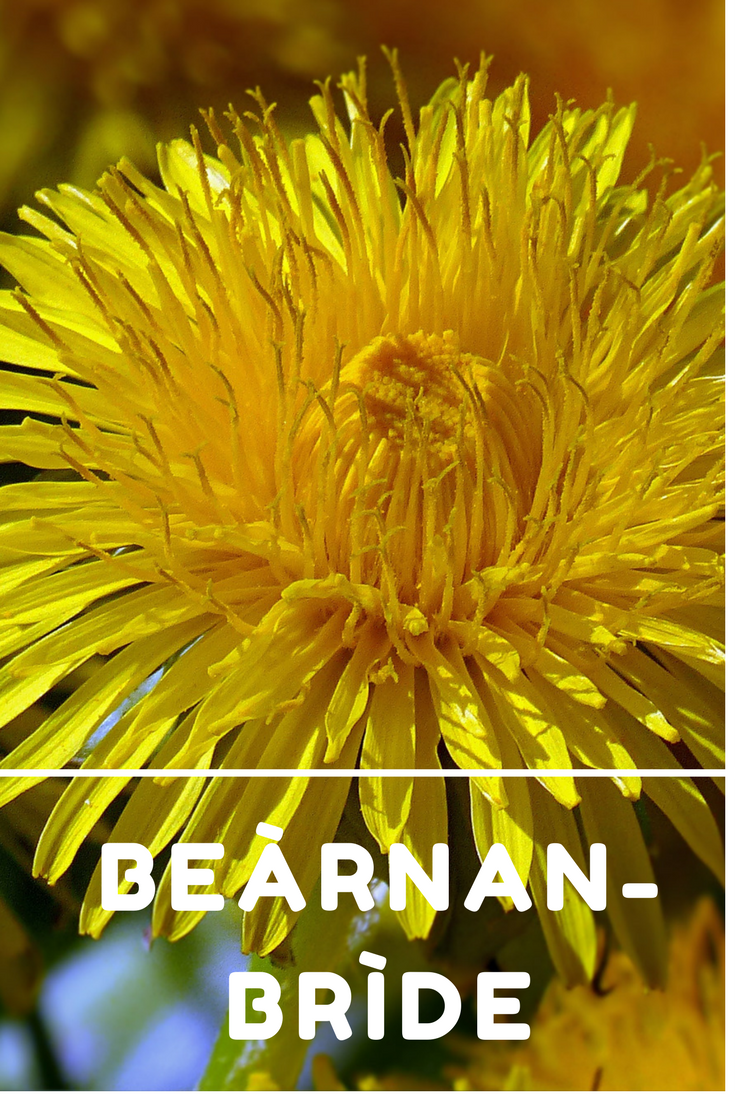
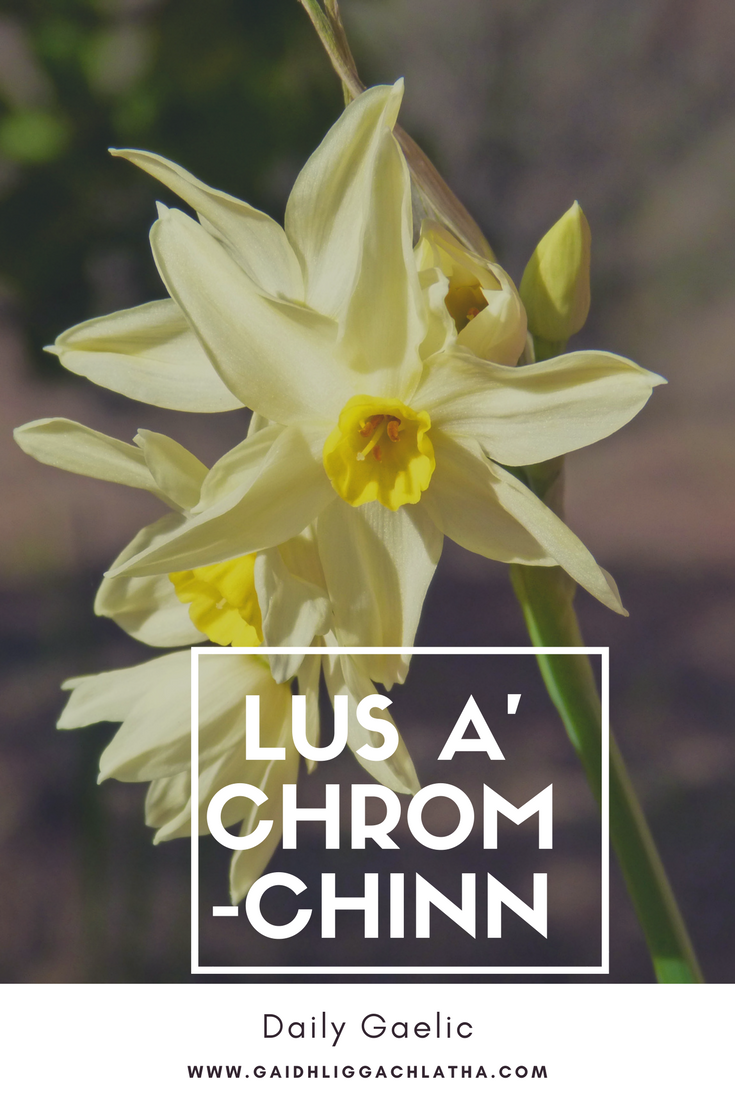
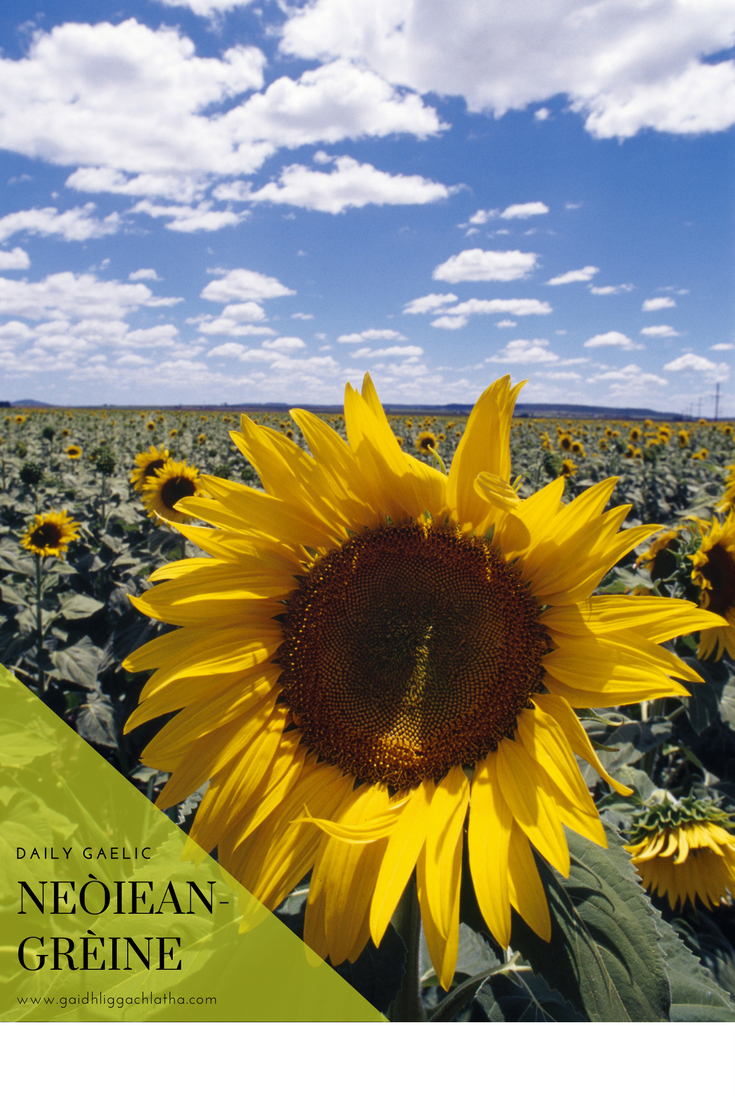

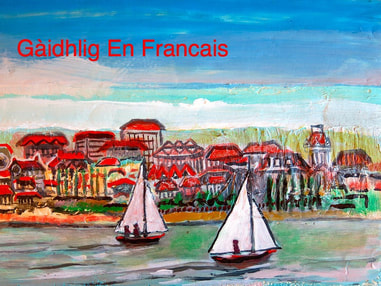
 RSS Feed
RSS Feed